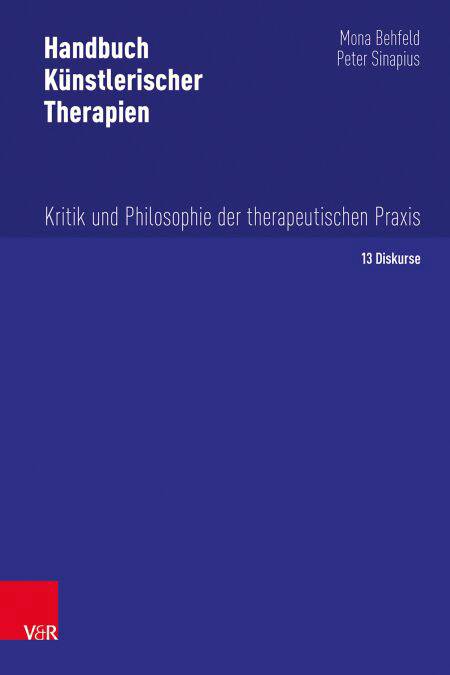
- Afhalen na 1 uur in een winkel met voorraad
- Gratis thuislevering in België vanaf € 30
- Ruim aanbod met 7 miljoen producten
- Afhalen na 1 uur in een winkel met voorraad
- Gratis thuislevering in België vanaf € 30
- Ruim aanbod met 7 miljoen producten
Zoeken
Rezeption und Anerkennung E-BOOK
Die ökumenische Hermeneutik von Paul Ricœur im Spiegel aktueller Dialogprozesse in Frankreich
Beate Bengard
€ 110,00
+ 110 punten
Omschrijving
Beate Bengard deals with the ecumenical hermeneutics of the French philosopher Paul Ricœur. His theory is of interest for ecumenical theology particularly in the area of ecumenical reception. The specificity of ecumenical reception is that it requires the acceptation of otherness – of the alterity – of the ecumenical partner. Obviously, this process goes far beyond the ratification of ecumenical documents. In order to clarify the process of reception, a hermeneutical model is needed which explains the interrelation of the interpersonal recognition of otherness, the reception of texts, as well as of changing collective identities. A complex model of the reception process is deduced from the theory of Paul Ricœur and Ricœur's model is compared with three concrete ecumenical processes in France. This shows there is a high degree of accordance between these ecumenical examples and Ricœur's hermeneutical process. The conclusion points to ways in which this contributes to building an ecumenical culture inspired by Ricœur's philosophy.
Specificaties
Betrokkenen
- Auteur(s):
- Uitgeverij:
Inhoud
- Aantal bladzijden:
- 350
- Taal:
- Duits
- Reeks:
Eigenschappen
- Productcode (EAN):
- 9783647564494
- Verschijningsdatum:
- 15/09/2015
- Uitvoering:
- E-book
- Formaat:

Alleen bij Standaard Boekhandel
+ 110 punten op je klantenkaart van Standaard Boekhandel
Beoordelingen
We publiceren alleen reviews die voldoen aan de voorwaarden voor reviews. Bekijk onze voorwaarden voor reviews.







